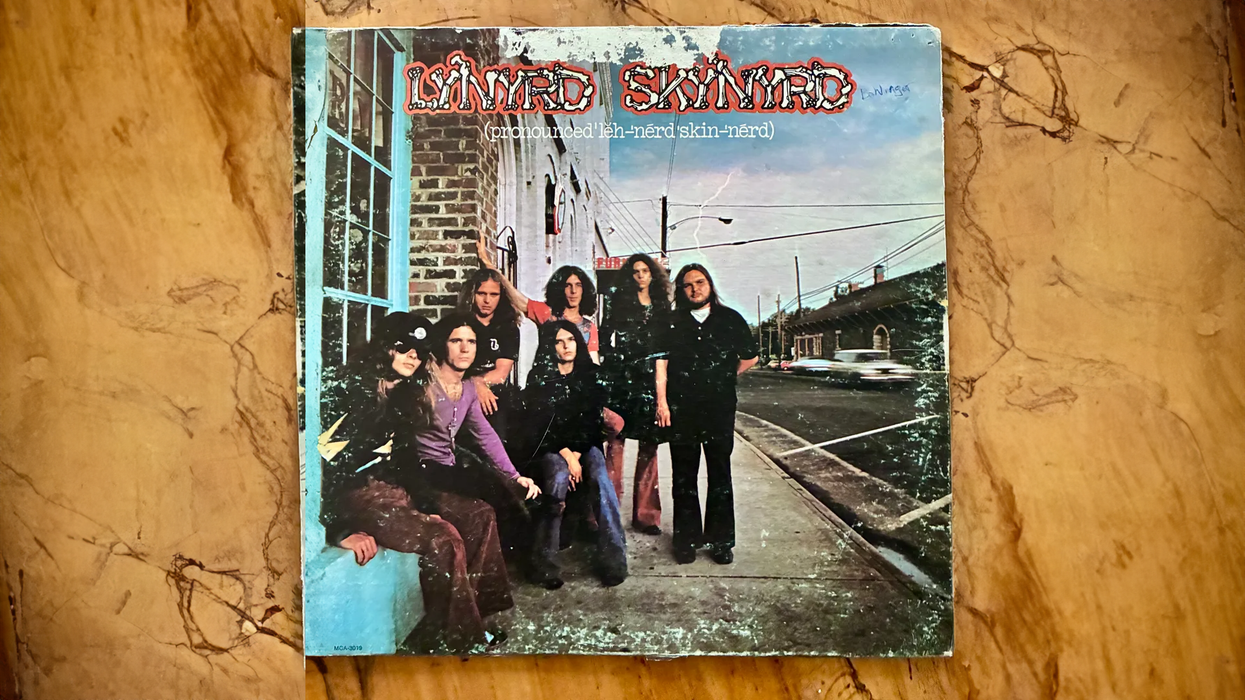Photo by Igor Mukhin.
The week of February 16, 2014, brought us yet more horrific reminders of how brutal life can be across the globe. High-definition videos and stills of Ukrainian civilians battling police in streets of fire have streamed to our devices in real time, troubling us with their graphic violence over issues most of us know only trivial details about. We probably know less about as-bad or worse conflicts going on right now in Syria, the Central African Republic, Nigeria, Pakistan, and South Sudan, but that doesn’t decrease the poignancy of seeing riot-gear-clad regime officers wielding automatic weapons against everyday people lobbing bricks.
We also winced, jaws dropped, as we saw the women of Russian punk collective Pussy Riot whipped by police in Sochi as they attempted to film a video protesting President Vladimir Putin in front of a billboard for the 2014 Winter Olympics.
Between the press of work (including deadline week for this mag) and everyday life, I’ve snuck glimpses and tried to keep up with news on all this stuff, and when I boil it down, what’s really struck me is the power of “No.” (Note the importance of the period—its finality.) No, we won’t be oppressed. No, we won’t be bullied. No, we won’t shrink from principle in the face of danger.
Unrest around the world is certainly more complex than our scope here, but I do want to publicly salute the fearless women of Pussy Riot. In the West, we certainly have our urgent issues—everyone everywhere does—but in contrast to other conflicts around the world, at least we can decide whether to speak our mind or mind our own business and still go home safely at night.
Since Pussy Riot’s Nadya Tolokonnikova, Masha Alyokhina, and Yekaterina Samutsevich were arrested and imprisoned in early 2012 for their first headline-grabbing anti-Putin performance, I’ve watched closely as they’ve gotten well-deserved support from around the world. In solidarity, I donated to efforts, signed online petitions for their release, and even purchased a T-shirt with the “¡No Pasarán!”—“They shall not pass!”— declaration, just like the one Tolokonnikova was wearing when she was arrested.
Samutsevich was released after a few months, but Tolokonnikova and Alyokhina were held till December 2013. But even when the latter two made it safely out of their country and made charmingly witty and astute appearances on programs such as The Colbert Report, they refused to settle in and seek asylum. They headed back to their troubled homeland to continue their efforts to thwart a government that pretends to be democratic but leans despotic. Say what you will of their brash music, these ladies are freaking badass—both for their guts and their ingenious use of art for progress. They will go down in history. They already have.
What the hell does this have to do with guitar? Lots. Besides being fearless revolutionaries for justice in the same way as revered Western punks, their music is pretty damn rad. (For proof, go to YouTube and watch the new video that they were trying to shoot when they were whipped this week.) Beyond that, Pussy Riot’s fearless attitude is also reminder of the power of “no” in things that are perhaps of smaller consequence, but still of great import. No, I won’t ignore my conscience. No, I won’t be complacent and self-absorbed. No, I won’t take my loved ones for granted. No, I won’t solo for 12 minutes straight. No, I won’t fetishize gear at the cost of musicality.
Of course, saying “no” usually means nothing unless you also say “hell yes” to something else—a course of action to remedy the situation or forestall gridlock or equally bad alternatives. But the pace of life and technology these days makes it so easy to either be distracted from a better path or just go with the flow. That’s why I’m grateful for true musical heroes who remind me of the power of “no.”



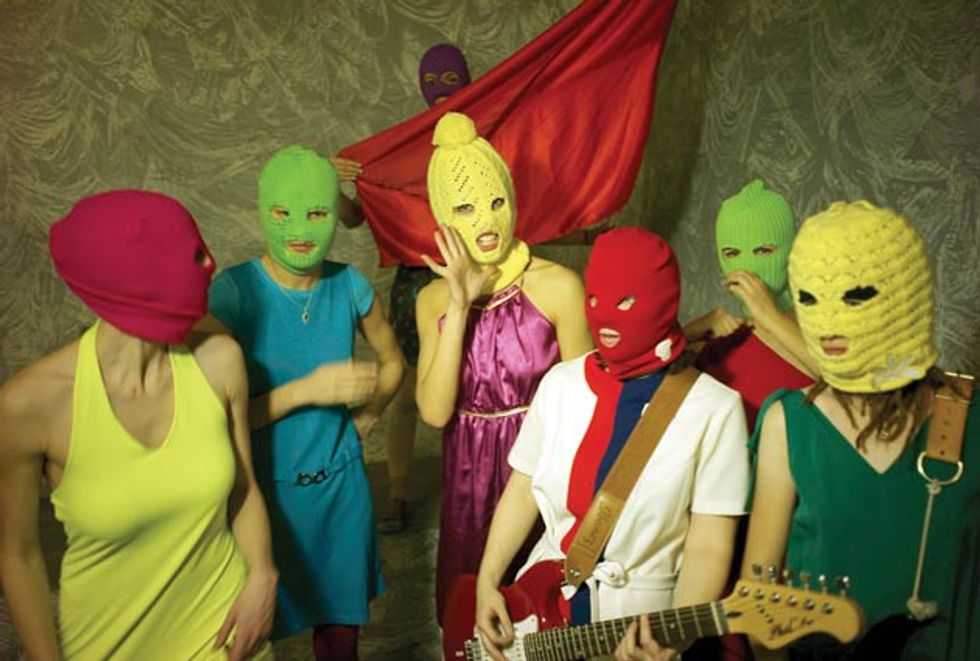
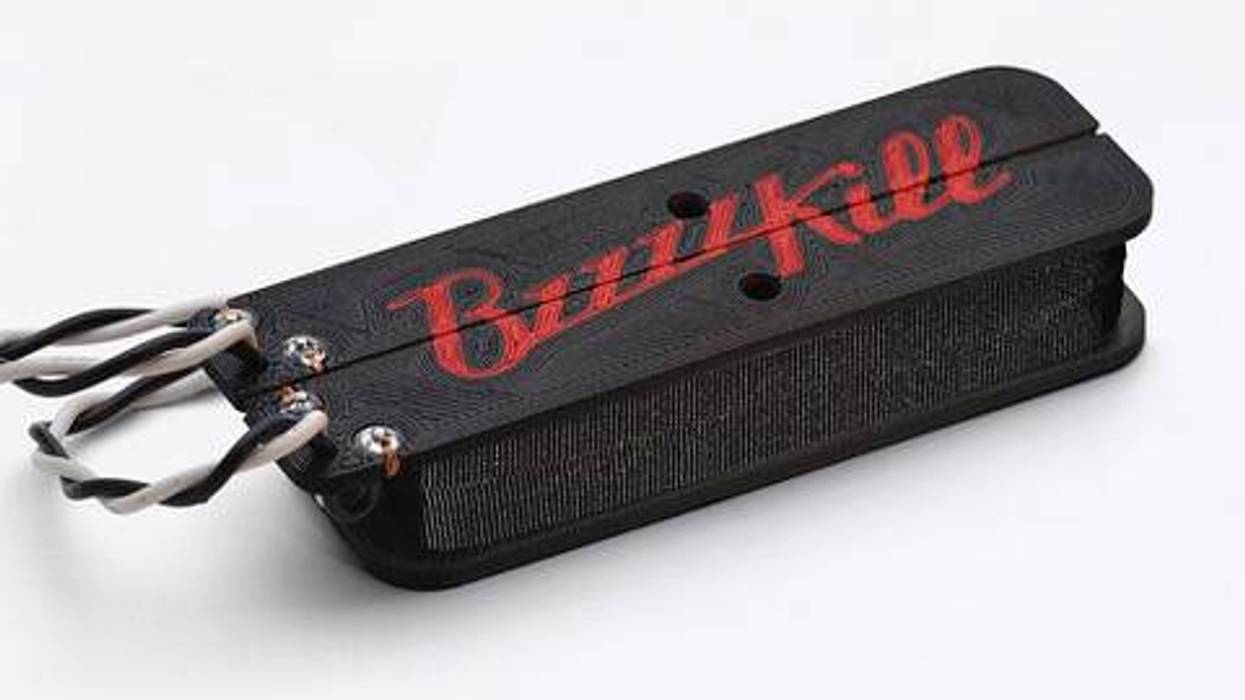
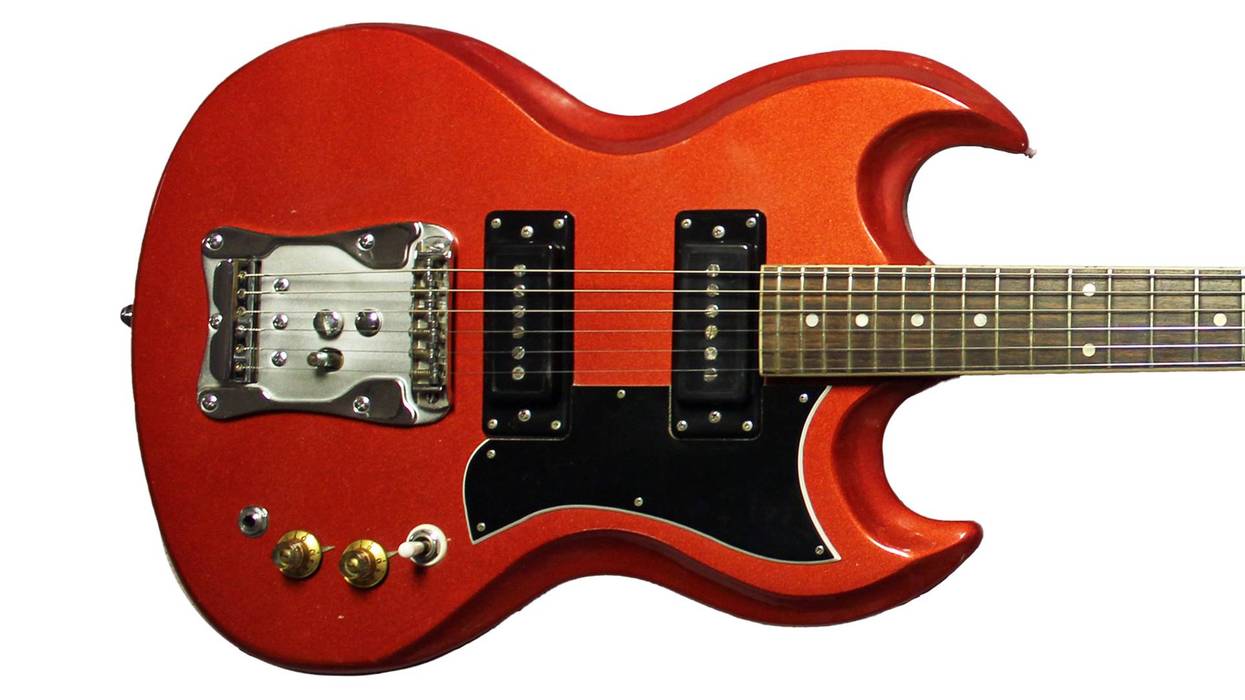

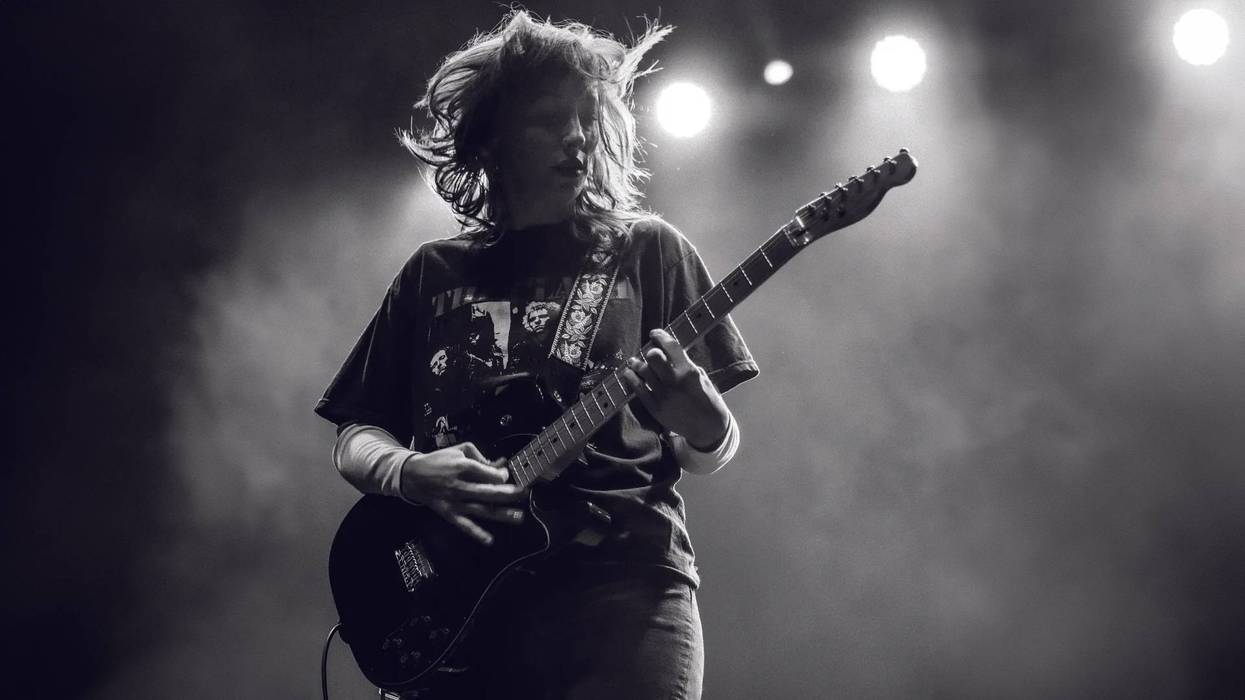
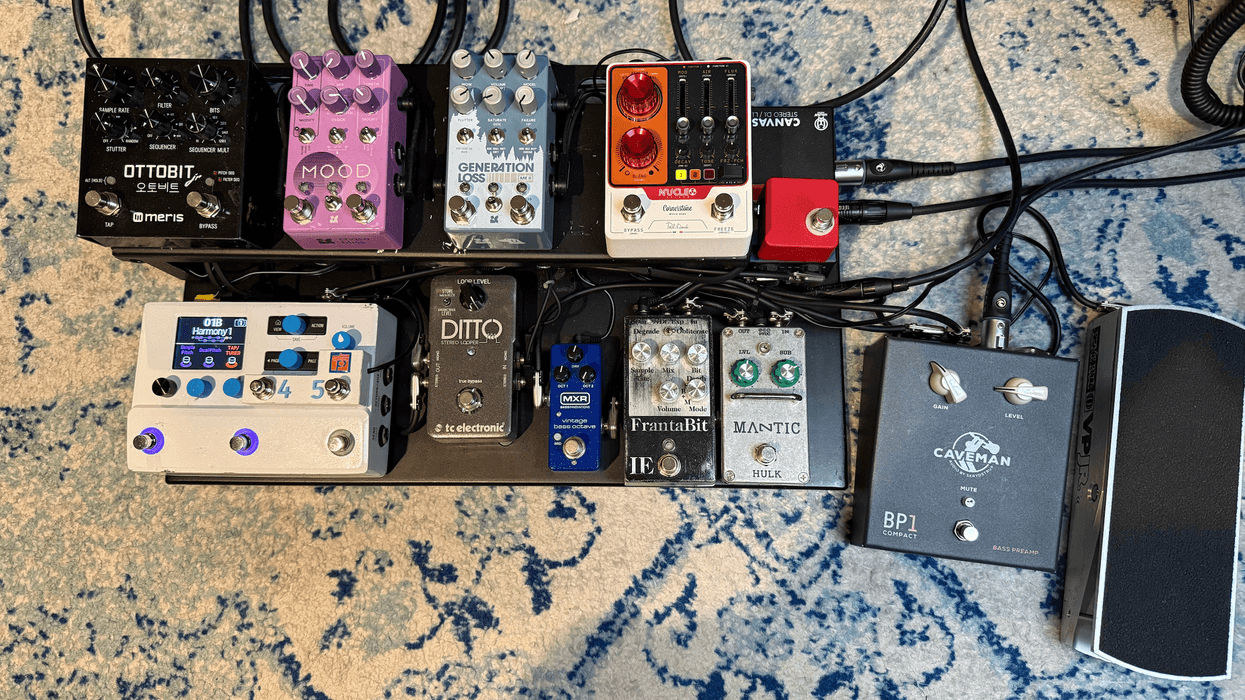
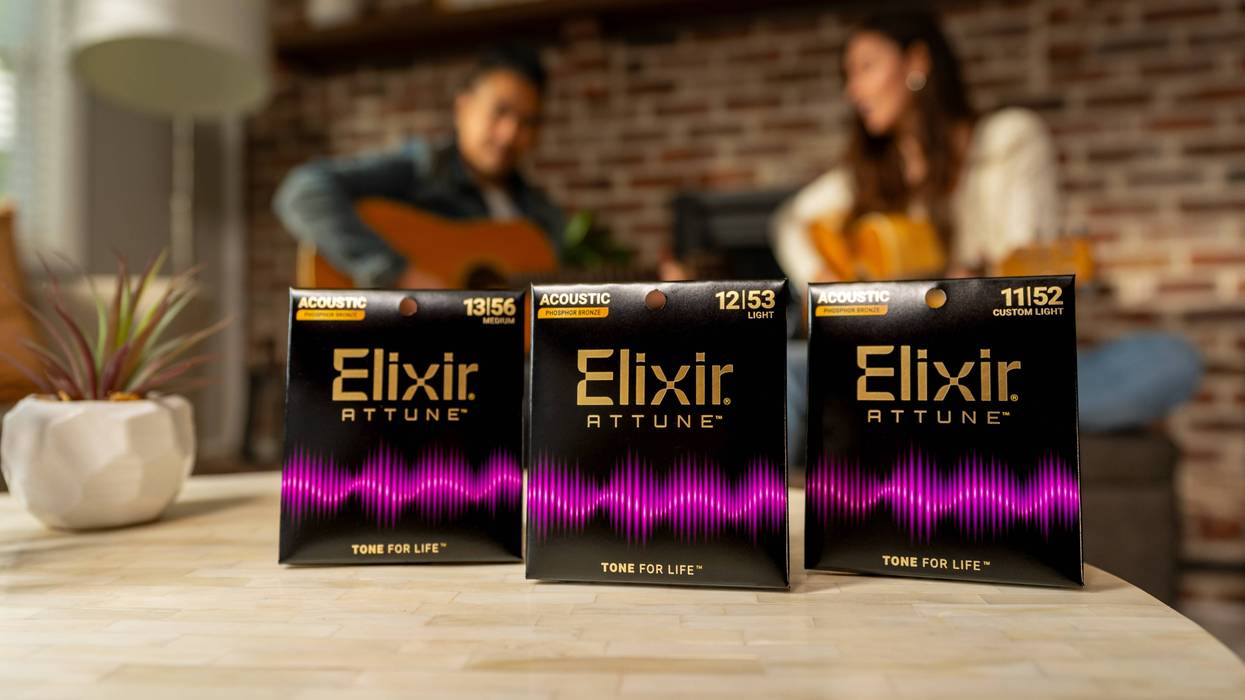
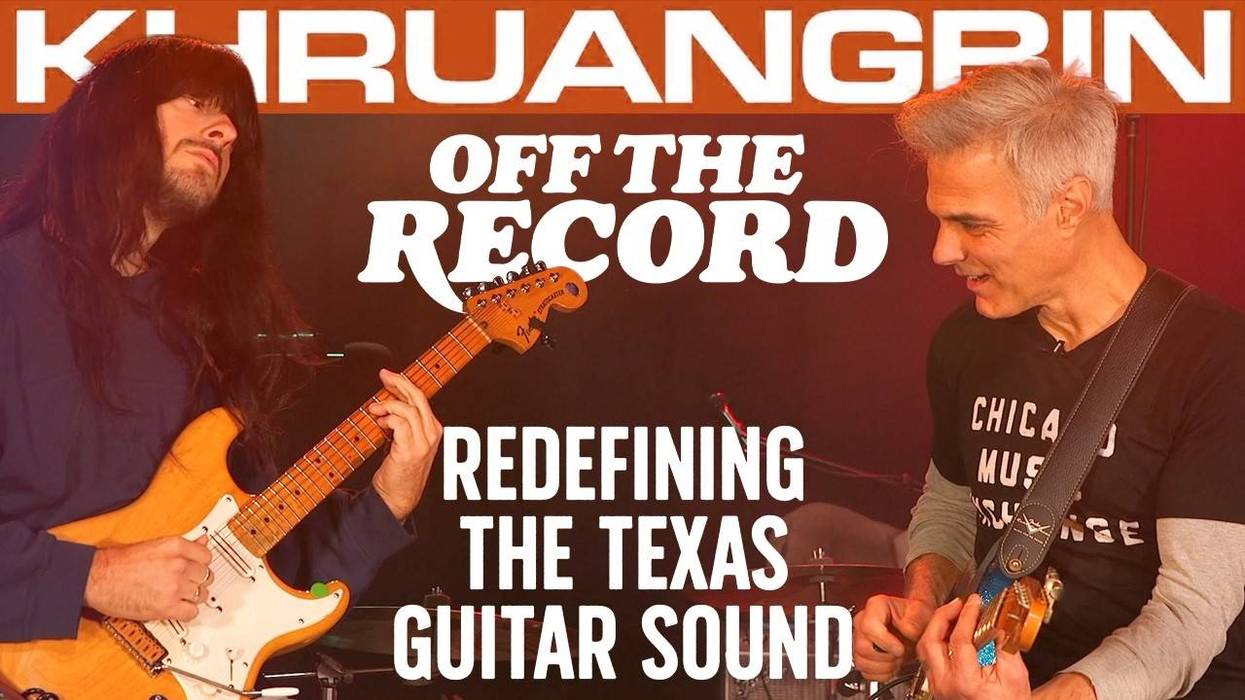


![Rig Rundown: AFI [2025]](https://www.premierguitar.com/media-library/youtube.jpg?id=62064741&width=1245&height=700&quality=70&coordinates=0%2C0%2C0%2C0)

